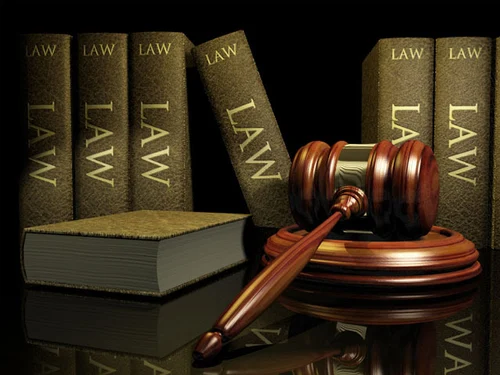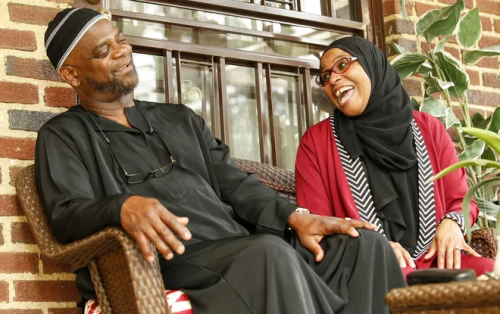Not many people consider estate planning during their lifetime and usually pass on without an estate plan in place, creating challenges for the surviving relatives and in particular dependants that they leave behind. An estate plan comprises Wills, testamentary or living trusts and Powers of Attorney. As such, estate plans are a key to securing one’s property and the future of their loved ones. According to the East Africa Family business survey carried out by PwC, only 26% of Ugandan respondents said they have a succession plan and less than 20% were found to have a testament or will. In this article, we explore ten reasons why having an estate plan is important for every adult Ugandan.
1. Protecting your assets for your intended inheritors
An estate plan allows you preserve ownership of your assets, by describing all your assets and liabilities. This eases process of creating a clear inventory of all assets due to and from your estate and reduces the risk of unscrupulous persons taking advantage by benefiting from assets under their care or reneging on their obligations due to you.
2. Gives you a say in who receives your belongings
An estate plan gives you the ability to control the distribution and management of your assets upon your demise. It allows you to name the persons you want to benefit from your estate, within the confines of the law hence allowing your preserve your legacy the way you envisioned it.
3. Allows you to choose who will make decisions on your behalf
You can appoint certain persons to make medical, legal, business, and financial decisions on your behalf in case you are ever incapacitated, through powers of attorney.
4. Protects young inheritors/minors
An estate plan allows you to appoint a guardian for your minors in case of your demise while they are still minors hence securing their future. It also allows you to continue providing for your children with revenue from your assets through a trust or a will and to designate a guardian of your choice.
5. Helps to Prevent family conflicts
When a person dies without an estate plan in place, the distribution of their property after their demise is in most instances fraught with disputes among family members. This is evidenced by the numerous administration cases in court right now seeking to settle such disputes between family members. As these disputes are on-going there is a high risk of destruction of and/or neglect of the property leading to loss of value. This is especially true in instances with polygamous family settings and children born out of wedlock. According to the Uganda Demographic and Health Survey Report of 2016, 25% of women reported that their husband or partner had other wives. Setting up an estate plan goes a long way in preventing such disputes and protecting legal proceedings regarding the property.
6. Determining clear ownership of your property
Estate planning does not only protect your assets for your beneficiaries but also helps you protect your current assets. The process of setting up an estate plan involves consultations with estate lawyers and financial advisors. These professionals take a comprehensive inventory of your estate and can help to point out certain discrepancies in your estate that you otherwise may not have noticed. For example, you might be in real possession of the property but you are not the legal owner with the right to transfer/bequeath said the property. Therefore, an estate plan helps you iron out any potential issues and helps you avoid any legal disputes that your estate might have faced in the future.
7. Controlling access and use of assets
While an estate plan is supposed to guarantee a secure future for your beneficiaries upon your demise, you do not want them to have unchecked access to their inheritance only to mismanage and squander it along with your legacy. A robust estate plan allows you to control the access your beneficiaries have to their inheritance. This can be done by setting down conditions that need to be fulfilled by them to access the assets. This can only be done in a properly documented estate plan.
8. Empowering generations to come
Developing an estate plan is often a good opportunity to provide mentorship to the next generation about what wealth means to your family, and educate adult children about financial concepts and ways they become involved in creating and sustaining the family legacy. Furthermore, estate planning allows for the transfer of properties to legally protected entities like trusts to ensure inter-generational wealth.
9. Helps to ring-fence your estate from liabilities.
In certain instances, an estate plan in the form of a trust can facilitate protection of beneficiaries’ inheritance from any losses that may arise from debts and liabilities that were in existence at the time of death. One can also make provisions for systematically settling any liabilities that may still exist at the time of their death. This will avoid any losses that the estate is likely to face due to unplanned liabilities.
10. Peace of mind
Finally, yet importantly, setting up an estate plan gives you peace of mind. The knowledge that your loved ones will be catered for in a manner that you see fit, even in your absence, gives you peace of mind.
If you die without setting up an estate plan, the fate of your legacy unknown and at the mercy of the courts of law. Estate Planning can be a challenging task and requires working with a trusted advisor to ease the process.
To get help with setting up an estate plan that suits your unique circumstances, contact us on info@greenthos.com.
Disclaimer: This blog post is for informational purposes only and does not constitute financial or legal advice. Always consult with a qualified professional for personalized guidance.













